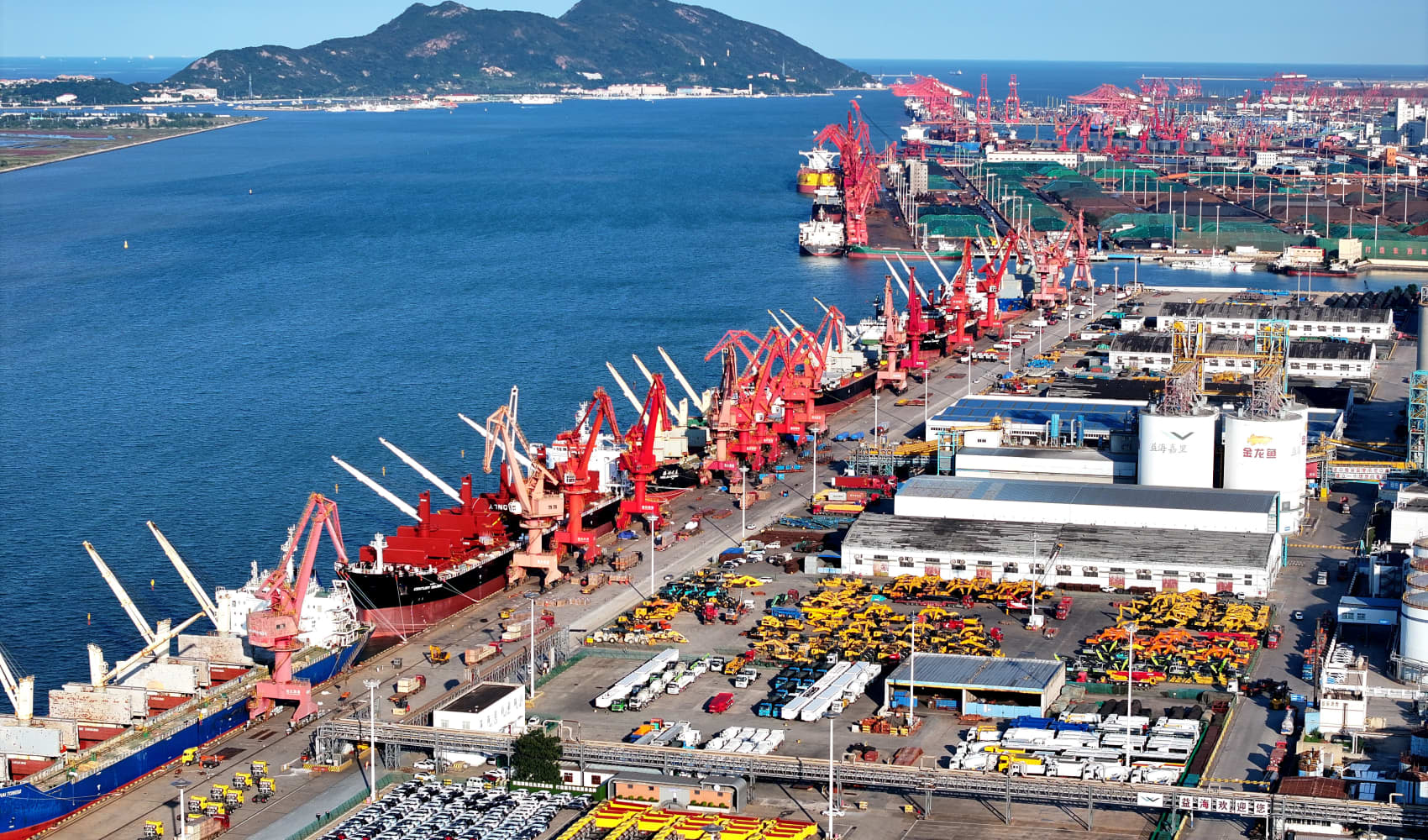Salon Slump: Is Your Manicure Predicting the Next Recession?
Nails at Home, Fewer Facials: Are Salons the Canary in the Economic Coal Mine?
Introduction: Beauty on a Budget – A Sign of the Times?
Have you noticed anything different lately? Maybe your favorite nail salon seems a little less bustling, or perhaps your usual aesthetician has more open slots than usual. Well, you're not alone. Whispers are circulating that the beauty industry, often a reliable indicator of economic health, might be signaling a potential downturn. Think of it as the "lipstick effect," but in reverse. When things get tough, are we cutting back on those little luxuries first?
From Chicago's suburbs to Brooklyn's bustling streets, anecdotal evidence is painting a concerning picture. Salon owners and beauty professionals are reporting a noticeable shift in client behavior, with fewer visits, canceled appointments, and extended intervals between services. What does this mean for the broader economy? Let’s dive in.
The Anecdotal Evidence: A Nation-Wide Trend?
Bonnie's Bad Spring Break: Chicago's Pedicure Drought
In the Chicago suburbs, Bonnie Conte, a seasoned nail technician, noticed a stark difference this spring. The usual surge of spring break pedicures simply didn't materialize. Was it the weather? A change in trends? Or something more ominous lurking beneath the surface?
Yaya's Vanishing Clients: Tariffs Triggering Cancellations in Brooklyn?
Aesthetician Kijana “Yaya” Simuel, based in Brooklyn, New York, experienced an even more alarming downturn. She reported a staggering 75% cancellation rate among her clients the week President Trump announced global tariffs. This sharp decline suggests a direct link between economic uncertainty and discretionary spending on beauty treatments. Could tariffs and trade wars be impacting our desire for pampering?
Lacey's Lengthier Locks: Haircuts Becoming a Luxury?
Even Guy Lacey, a supplier to salons, has observed a worrying trend: clients are going longer between haircuts. This seemingly small change in behavior speaks volumes. Regular haircuts are often seen as a maintenance necessity, but when finances tighten, they can easily be postponed. Is this a sign that people are prioritizing essentials over aesthetics?
The Beauty Industry as an Economic Barometer: Why This Matters
Why should we care about fewer manicures and facials? Well, the beauty industry is often considered an economic barometer. Discretionary spending, like salon visits, is one of the first things to be cut when people are worried about their financial security. It's a sensitive indicator of consumer confidence and overall economic health. Are fewer visits to the salon an early warning of tougher times ahead?
The "Lipstick Effect" in Reverse: A Shift in Priorities
The "lipstick effect" suggests that during recessions, people tend to buy less expensive luxury goods, like lipstick, as a small indulgence. What we're seeing now could be the reverse: a "no-lipstick effect," where even these smaller luxuries are being cut back. It's a clear signal that people are tightening their belts and becoming more cautious with their spending.
DIY Beauty: The Rise of At-Home Alternatives
Are people simply opting for DIY beauty treatments to save money? Are at-home nail kits and facial steamers becoming more popular? It's a likely factor. With countless tutorials online, it's easier than ever to achieve professional-looking results without the salon price tag. This shift to at-home alternatives could be contributing to the decline in salon visits.
The Impact on Salon Workers: Empty Chairs and Empty Pockets
The decrease in client visits has a direct and devastating impact on salon workers. Reduced appointments mean lower paychecks, impacting their ability to cover their own bills and support their families. For many independent stylists and technicians, fewer clients can mean the difference between making ends meet and struggling to survive. What safety nets are available for these workers during an economic downturn?
Tariffs and the Beauty Industry: A Tangled Web
The timing of the appointment cancellations reported by Yaya Simuel is particularly telling. The week President Trump announced global tariffs saw a significant drop in clients. How do tariffs play a role in this decline? Tariffs can increase the cost of goods and services, leading to inflation and reducing consumer purchasing power. Are tariffs contributing to a climate of economic uncertainty that's causing people to cut back on discretionary spending?
Beyond Beauty: A Wider Economic Ripple Effect
The impact extends beyond the beauty industry itself. Salons purchase products from suppliers, rent space from landlords, and contribute to local economies. When salons struggle, it creates a ripple effect that affects businesses and communities. This highlights the interconnectedness of the economy and the importance of monitoring even seemingly small sectors like the beauty industry.
The Role of Consumer Confidence: Fear and Uncertainty
Consumer confidence is a crucial driver of economic activity. When people feel optimistic about the future, they're more likely to spend money. However, economic uncertainty can erode consumer confidence, leading to decreased spending and investment. Are economic warnings and political instability creating a climate of fear that's impacting consumer behavior?
The Digital Divide: Online Competition and Changing Habits
The beauty industry is also facing increased competition from online retailers and digital platforms. Consumers can now purchase products and access beauty services from the comfort of their homes. This shift towards online commerce and convenience may be further impacting the demand for traditional salon services. How can salons adapt to this changing landscape?
The Luxury Market Divide: Affluent vs. Average Consumers
It's important to note that the impact of economic uncertainty may not be felt equally across all segments of the beauty market. High-end salons catering to affluent clients may be less affected than those serving average consumers. This disparity highlights the widening gap between the wealthy and the middle class and the varying levels of economic resilience. Are we seeing a two-tiered beauty economy emerge?
The Future of Salons: Adapting to Survive
How can salons adapt to these challenging times? What strategies can they employ to attract and retain clients? Offering loyalty programs, discounts, and personalized services can help to build customer loyalty. Investing in online marketing and social media presence can also expand their reach. The key is to adapt to the changing needs and preferences of consumers and provide value that justifies the expense.
Alternative Revenue Streams: Diversifying Salon Services
Salons can also explore alternative revenue streams to supplement their income. Offering workshops, selling beauty products, and partnering with other businesses can help to diversify their offerings and reduce their reliance on traditional salon services. Innovation and creativity are essential for survival in a rapidly evolving market.
Government Intervention: Support for Small Businesses
Should the government provide support for small businesses like salons during economic downturns? Offering tax breaks, loans, and grants can help to alleviate financial pressures and prevent closures. Investing in the success of small businesses is crucial for maintaining economic stability and promoting job growth. What policies can be implemented to support the beauty industry and its workers?
Conclusion: Watching the Warning Signs
The signs are there: fewer pedicures in Chicago, cancelled appointments in Brooklyn, and longer waits between haircuts. The beauty industry, often a reliable economic indicator, is showing signs of strain. Whether due to tariffs, economic uncertainty, or changing consumer habits, the decline in salon visits could be an early warning of a broader economic slowdown. We must pay attention to these signals and take proactive steps to mitigate the potential impact on businesses, workers, and the economy as a whole. The health of our economy may very well depend on whether we heed these warning signs.
Frequently Asked Questions
Q1: What is the "lipstick effect" and how does it relate to the current situation in the beauty industry?
The "lipstick effect" refers to the tendency for consumers to buy less expensive luxury goods, like lipstick, during economic recessions. In the current context, we might be seeing the reverse, a "no-lipstick effect," where even these smaller luxuries are being cut back, indicating a greater level of financial concern.
Q2: How do tariffs impact the beauty industry and consumer spending on beauty services?
Tariffs can increase the cost of imported goods used in the beauty industry, potentially leading to higher prices for salon services and products. This can reduce consumer purchasing power and lead to a decrease in discretionary spending, including salon visits.
Q3: What can salon owners do to attract and retain clients during an economic downturn?
Salon owners can implement strategies such as offering loyalty programs, discounts, and personalized services to build customer loyalty. They can also invest in online marketing and social media presence to expand their reach and adapt to changing consumer habits.
Q4: Are at-home beauty treatments contributing to the decline in salon visits?
Yes, the increasing availability and affordability of at-home beauty treatments, coupled with online tutorials and resources, are likely contributing to the decline in salon visits as consumers seek cost-effective alternatives.
Q5: Why is the beauty industry considered an economic barometer?
The beauty industry is considered an economic barometer because spending on salon services is often discretionary. When people are worried about their finances, they tend to cut back on non-essential expenses like manicures and facials, making the beauty industry a sensitive indicator of consumer confidence and overall economic health.









